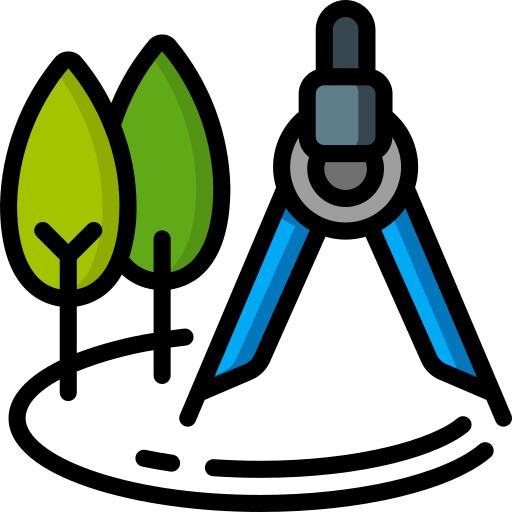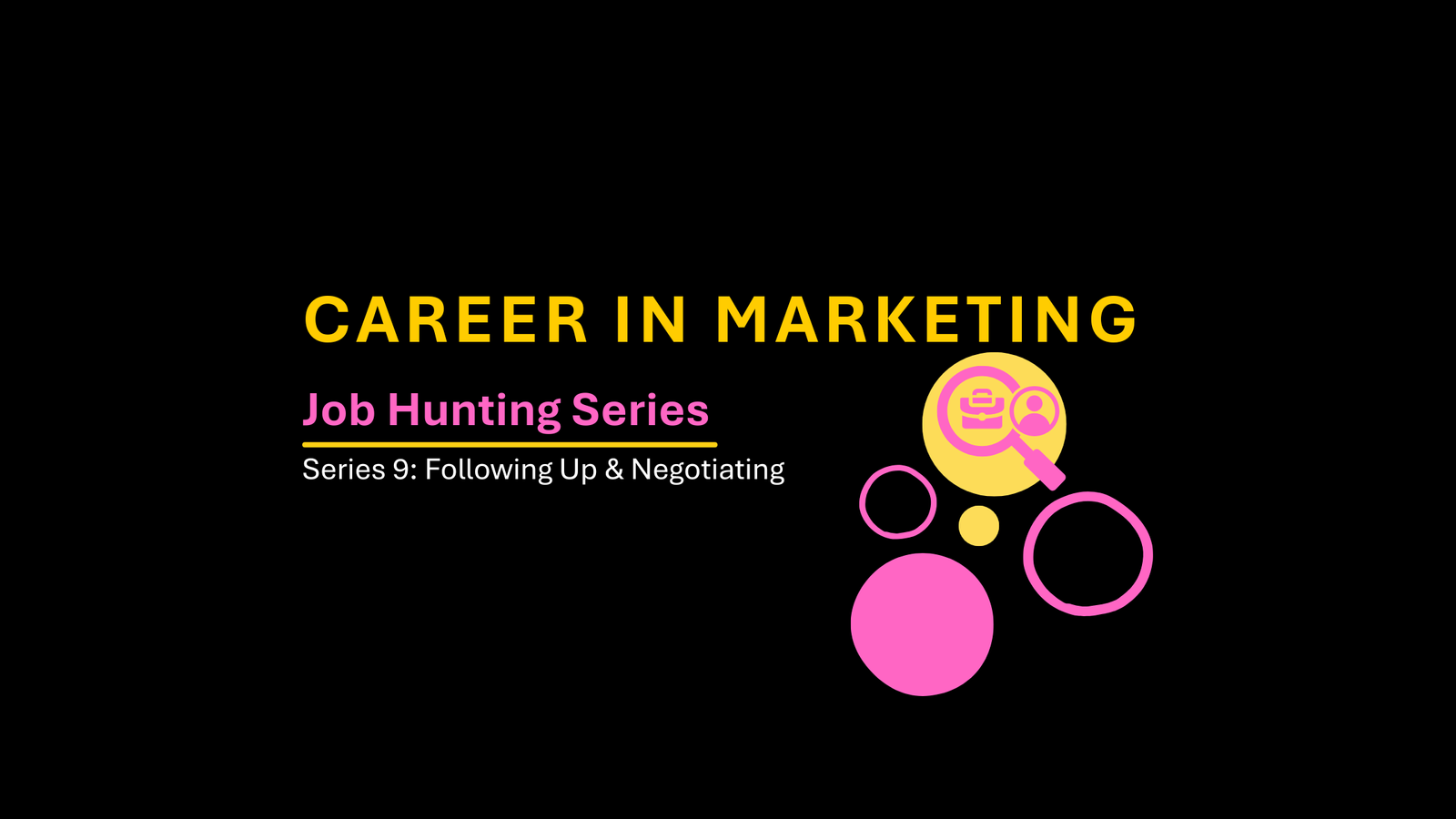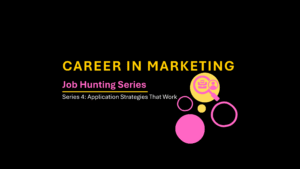You’ve polished your CV, nailed the interview, and now comes the step that separates average candidates from the ones who land offers: following up and negotiating.
According to a Jobvite Recruiter Nation Report (2022), 57% of recruiters said candidates who follow up leave a stronger impression — yet only 30% of job seekers actually do it. That gap is your opportunity.
And when it comes to salary or sponsorship negotiation, the numbers don’t lie:
- Candidates who negotiate earn 7–10% more on average across their careers (Monster, 2022).
- A Glassdoor survey found that 59% of employees accepted their first salary offer without negotiating — often leaving £3,000–£7,000 on the table.
This article, inspired by Brian Tracy’s timeless negotiation principles and recruiter-backed scripts, gives you everything you need to follow up like a pro, negotiate your value with confidence, and secure sponsorship (if you’re an international candidate).
Why Following Up Matters
Following up is not “being annoying.” It’s professional persistence. Recruiters handle hundreds of candidates. The ones who politely stay top-of-mind often get priority.
💡 Recruiter Quote:
“If a candidate follows up with a thoughtful email, I’m 60% more likely to push their application forward. It shows motivation.” — Senior Recruiter, WPP (2023)
The Psychology of Following Up
Brian Tracy teaches that persistence signals value:
- Law of Expectation: People rise to your level of expectation. A confident follow-up signals you expect success.
- Law of Control: The person who asks the questions and follows up maintains control of the process.
Step 1: Master the Follow-Up Email (Templates)
When to Send
- 24 hours after interview → Thank you note.
- 3–5 days later → Follow-up on progress.
- 1 week+ → Gentle check-in.
Template: Thank You Email (24 Hours)
Subject: Thank you for our conversation
Dear [Hiring Manager],
Thank you for taking the time to meet yesterday. I enjoyed learning more about [Company]’s [specific project].
I’m especially excited about the chance to [mention one key contribution you can bring — e.g., “develop content strategies that increase engagement by 45%, as I did at Otinga Marketing”].
Please let me know if you need anything further from me. I look forward to the next steps.
Best regards,
[Your Name]
💡 Mentor Note: This short, tailored note works because it’s polite, shows enthusiasm, and reinforces your value. Recruiters don’t want essays — they want reminders you’re engaged.
✔ Checklist Skills: Professional tone, personalisation, reiterating strengths.
📌 Recruiter Insight: A thank-you note won’t land you the job alone, but failing to send one can cost you credibility.
Step 2: Negotiation — Brian Tracy’s Formula
Brian Tracy teaches the “Win-Win Negotiation” approach:
- Preparation = Power
- Research industry salaries (Glassdoor, Reed, LinkedIn).
- Know your “walk away” number.
- Ask Boldly
- Tracy: “You don’t get what you deserve. You get what you negotiate.”
- State your value using numbers.
- Silence Is Golden
- After stating your expectation, pause. Let the recruiter respond.
Salary Negotiation Script (Example)
You:
“Based on my research and the responsibilities of this role, a fair range would be £32,000–£36,000. At my previous role, I grew campaign ROI by 3.5:1 and lowered CPC by 22%, which I believe positions me to add immediate value.”
Hiring Manager:
“That’s slightly above our initial budget.”
You:
“I understand budgets are tight. If £36,000 isn’t possible, could we meet at £34,000, or consider a performance review in six months tied to clear KPIs?”
💡 Mentor Note: This shows confidence, data-driven proof, and flexibility — the holy trinity of negotiation.
✔ Checklist Skills: Salary research, data proof, confidence, compromise.
📌 Recruiter Insight: Recruiters are more likely to advocate for you if you’re reasonable and back claims with performance data.
Step 3: Negotiating Sponsorship (for International Candidates)
This is where many fall silent. Don’t. Companies hire talent, not passports.
Sponsorship Script
“Based on my experience driving social media campaigns that grew Instagram followers by 45% and YouTube subscribers by 5,000, I’d like to explore whether [Company] is open to sponsorship. I’m committed to long-term contribution, and I see this as a win-win investment — immediate marketing ROI for you, and stability for me to deliver results.”
💡 Mentor Note: Always link your sponsorship request to company benefits (ROI, talent retention).
✔ Checklist Skills: Value framing, confidence, forward-looking commitment.
📌 Recruiter Insight: Many companies can sponsor but don’t unless the candidate asks directly and frames it as ROI-positive.
Data Snapshot (Table)
Negotiation Area | Stat/Impact |
Salary negotiation | +7–10% lifetime earnings (Monster, 2022) |
Follow-up email | 57% recruiters say it improves impressions |
Sponsorship request | Higher success if linked to ROI (LinkedIn, 2023) |
Flexible negotiation | 70% of offers include non-salary benefits |
Conclusion
Following up and negotiating isn’t about being pushy — it’s about professional confidence. Brian Tracy reminds us: “You miss every opportunity you don’t ask for.”
When you follow up consistently, negotiate boldly, and frame sponsorship as a win-win, you show recruiters you’re not just another candidate — you’re the candidate worth fighting for.
Subscribes and Download your free “Follow-Up & Negotiation Script Pack” (Email + Salary + Sponsorship templates).



